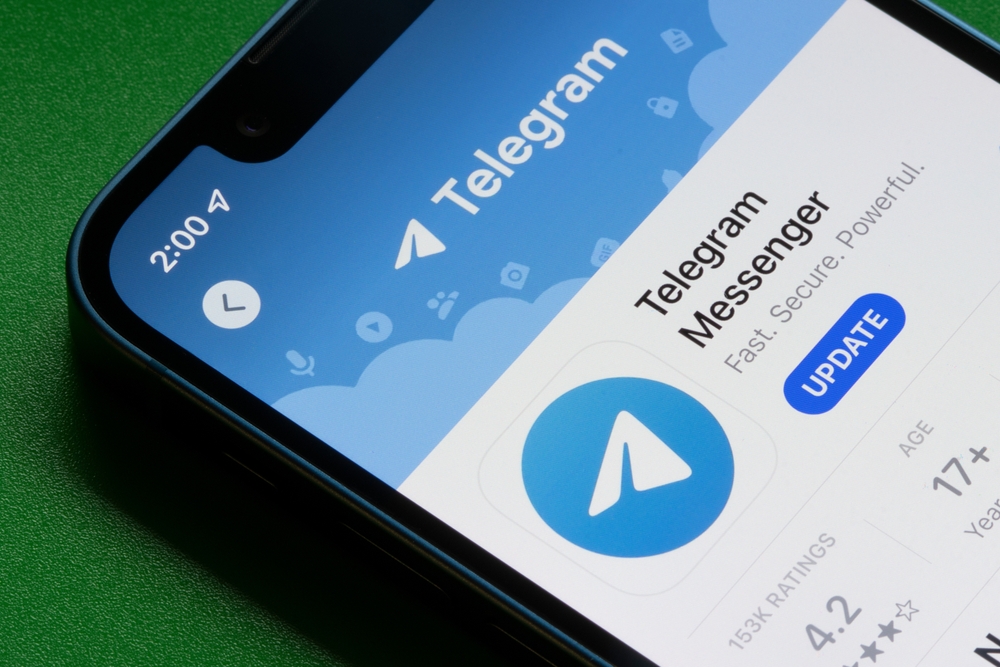Criminal charges brought against Telegram CEO Pavel Durov have raised concerns among Silicon Valley companies about the app’s end-to-end encrypted messaging feature, as well as privacy and security concerns. French prosecutors brought a slew of criminal charges against Pavel Durov this week, but one in particular has caught the attention of U.S. tech companies. Telegram, French authorities said, was providing encryption services without a license, a charge that has raised eyebrows among U.S. tech companies including Signal, Apple, and Meta (the owner of WhatsApp). All offer end-to-end encrypted messaging services and often work together when governments around the world challenge the legality of the technology, which keeps communications private and protected from eavesdropping.

Telegram’s Unique Approach to Encryption
Telegram markets itself as an encrypted messaging app, but it does so differently than WhatsApp, Signal, and iMessage. In WhatsApp, Signal and iMessage, end-to-end encryption is enabled by default, which means that only participants in the correspondence have access to messages – the administrations of all these messengers assure that they themselves cannot read it. In Telegram, however, end-to-end encryption is enabled only in “secret chats”, which only work in the format of personal correspondence. In practice, many use the messenger mainly for reading channels and communicating in multi-user chats that are not protected by end-to-end encryption. Security experts continue to discuss the quality of encryption in Telegram. According to competing platforms, the messenger did not provide sufficient transparency, since it did not publish the encryption algorithms on the platform – they believe that Pavel Durov played on the public’s misunderstanding of encryption mechanisms and thereby strengthened the platform’s image as a safe place for communication. In May, he called the “secret chats” feature “the only popular way to communicate that is verifiably private.”
Legal Challenges and Future Implications
Apple, WhatsApp, and Signal regularly go to court and wrangle governments over their right to use encryption features. Last year, the UK tried to ban encryption on messaging apps, prompting WhatsApp and Signal to threaten to leave the country. And Apple in 2020 refused to crack its own encryption at the FBI’s request to unlock data on two iPhones owned by a criminal. A new bill is currently being debated in the EU that would require messaging services to scan photos and links before sending them, a measure aimed at identifying child abuse material that has raised alarm among encryption advocates. Silicon Valley executives are closely monitoring the Durov case to see what further steps the French government is prepared to take on encryption, as they try to determine whether the feature requires a license in the country, adds NIX Solutions.
His case has also sparked debate over whether Telegram’s less stringent encryption standards are the reason for the prosecution. Inappropriate content often ends up in the public domain on the platform, while the content of WhatsApp and Signal conversations is only accessible to the sender and recipient. But Telegram’s competitors may still be able to defend the privacy of their communications in general and the messenger in particular. We’ll keep you updated on any new developments in this ongoing story.
